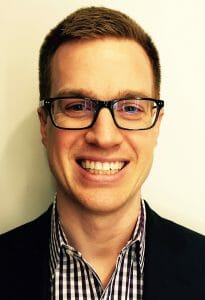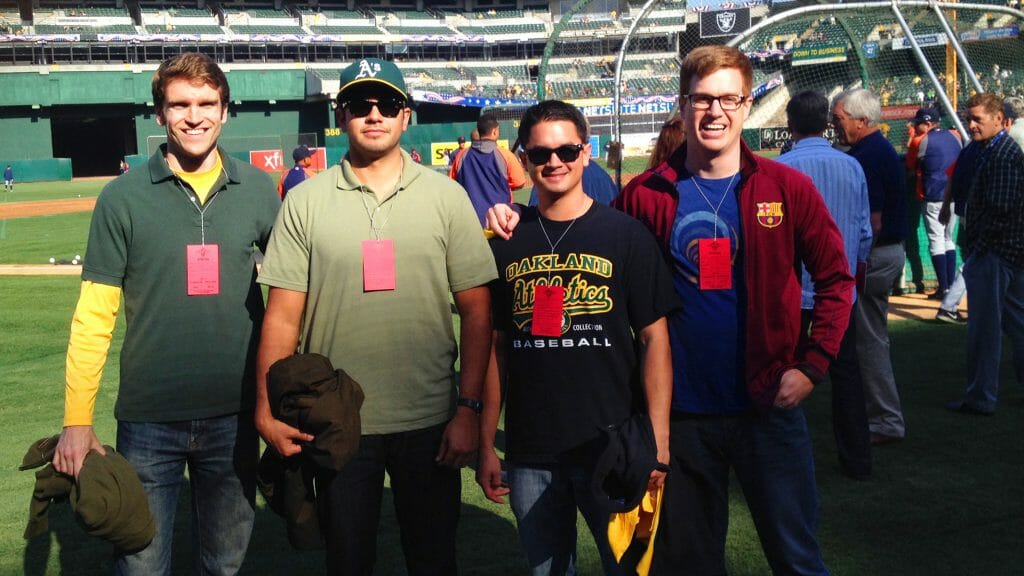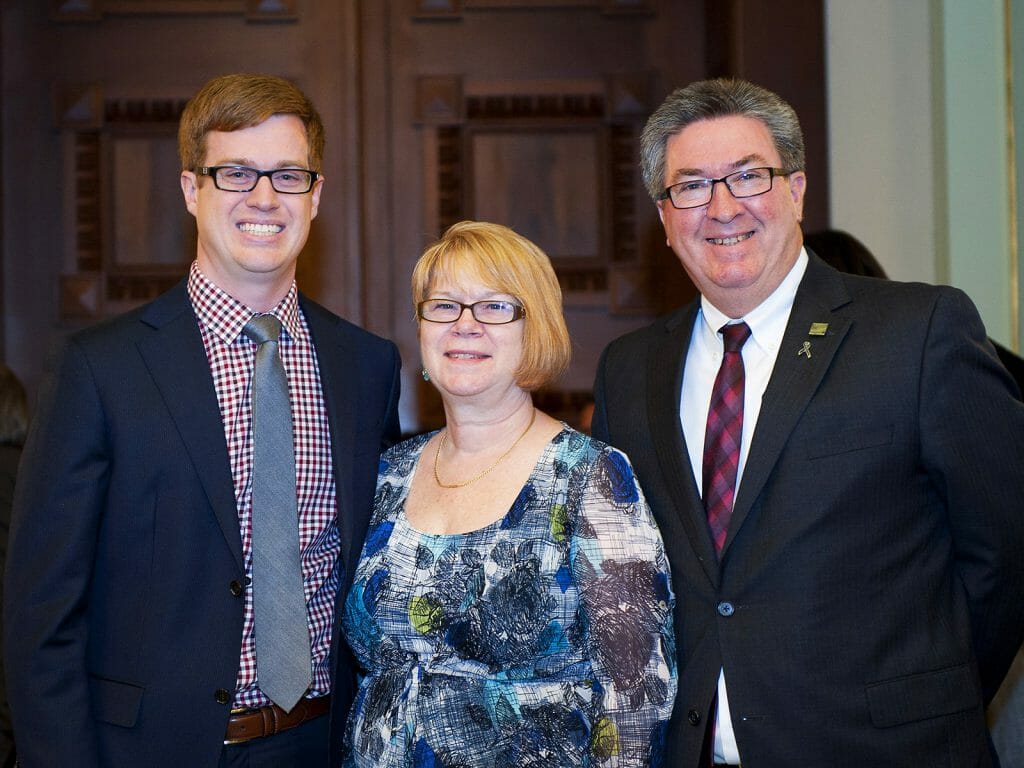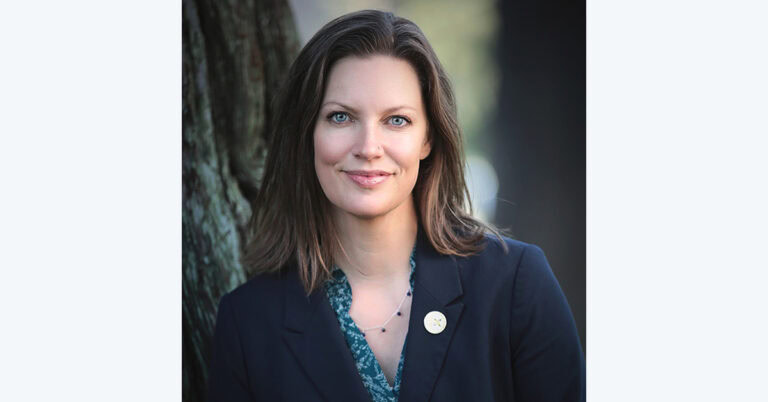Deputy Director
Fellows Profile: Mark Elsesser, PhD
May 3, 2016 | CCST S&T Policy Fellows

Mark Elsesser, PhD, was a CCST Science & Technology Policy Fellow in 2013 and spent his CCST year placed with the Office of Assemblymember Ken Cooley (D-Rancho Cordova). He came to the Legislature with a PhD in Chemical Engineering from University of California, Santa Barbara, where he developed methods to synthesize, assemble, and observe a new set of colloidal particles. Elsesser is currently a Senior Policy Analyst for the American Physical Society (APS) in Washington, DC, a major professional association of physicists. His policy portfolio at APS includes energy and environmental policy, along with Federal budgets. He also represents APS on Capitol Hill, drafts letters, statements, and testimonies on behalf of APS leadership, and manages special projects such as the Liquid Helium Purchasing Program.
Name: Mark Elsesser
Fellowship Year: 2013
Fellowship Placement: Office of Assemblymember Ken Cooley
Q: Why did you originally decide to seek out a policy fellowship experience?
A: I worked with many fantastic scientists during graduate school — brilliant, creative people with really amazing ideas. Shortly into my postdoc, I knew I didn’t want to be competing with these brilliant friends and colleagues for grants, and take the professorial career route. But, I still wanted to be involved in science.
In researching the CCST Science & Technology Policy Fellowship, I saw an opportunity to use the analytical, communication and critical thinking skills I developed during my PhD in a new arena with a focus on the public good. I viewed the Fellowship as a chance to gain firsthand experience in the policymaking process, while potentially using my technical background and training to educate policymakers.
Q: Think back to your first month with CCST. How did you feel during that first month of “policy boot camp” trainings and meeting your new colleagues?
A: Energized. I knew immediately I had made the correct decision in leaving my postdoc for the Fellowship. I remember it was more-or-less drinking from the “California policy and politics” fire hose for about a month — which was exciting, interesting, and entertaining to me. The lead instructor, UC San Diego Professor Thad Kousser, was absolutely terrific — and having the opportunity to interact with various legislative staff, former fellows, etc. helped assuage any nerves I may have had before starting in Assemblymember Cooley’s office.
Q: What, in your experience, was the most surprising aspect about participating in the lawmaking process and working with policymakers?
A: Two things. First, how quickly bills can get introduced, passed and signed into law at the state level. For all the talk of the gridlock in Washington and the Federal government being broken, it’s the opposite at the state level. It’s both refreshing and scary that bills impacting millions of people can be passed so quickly.
Second, the passion that both elected officials and their staffs have for their work. I admire and respect the commitment Mr. Cooley and his staff — Jillena Hernandez (Chief of Staff), Amanda Kirchner (Legislative Director), and Brendan Repicky (Legislative Assistant), for example — have for the policymaking process.
Q: In the course of the Fellowship, did you gain any mentors? How have those relationships helped your personal and professional growth?
A: Assemblymember Cooley and his Chief of Staff Jillena Hernandez. It’s difficult to communicate their impact on me personally and professionally in just a few sentences. They are fabulous to work with, are great mentors, and are even more impressive people.

Q: What are some of your favorite memories or proudest accomplishments from your Fellowship year? What were some of the most challenging moments or lessons learned?
A: A top three (in order):
1. Being referred to as the “best dressed science fellow ever” by Assemblymember Steven Bradford
2. Having Lt. Governor Gavin Newsome use material from a letter I drafted for Assemblymember Cooley during a speech prior to the State of the State address
3. Two bills I managed were signed into law by Governor Brown
I’d also like to note that I made some fantastic friends, including Brendan Repicky and former Science Fellows Stephen Francis and Neela Babu, both of whom also relocated to Washington, DC.
Q: What did you come to love and appreciate during your year living in Sacramento or living in California?
A: That “dry heat” is actually a real thing… unless it is 110 °F, at which point it is just hot.
Sacramento is a great place to live. The city is affordable and walkable and has a fair number of great bars and restaurants. I also took advantage of its close proximity to the Bay Area and Lake Tahoe, taking trips to both places during my fellowship year. I only wish the Kings were already playing downtown during my time there.
Prior to the Fellowship, when people asked me about Sacramento I would respond with, “Well, I can live anywhere for a year.” When people ask me about Sacramento now, I reply: “I’d be happy to move back one day for an interesting job opportunity.”

Q: How has the Fellowship impacted the trajectory of your career?
A: It was the first step on an entirely new path. It’s opened new doors – I’m quite confident that I would not be working for the American Physical Society’s Office of Public Affairs without my Fellowship experience.
Q: What is your advice for scientists and engineers who want to apply their science to inform public policy?
A: Take action. Whether it’s on the local, State, or Federal level, there are many ways to get involved and to influence policymakers. If there is a particular policy issue where you can provide expertise, for example, contact your elected officials’ offices and find a time to meet with their staffs; offer to be a resource on the issue for them going forward. Another way to inform public policy is to educate the general public. Writing an op-ed for a local newspaper — based on your experience and expertise — is a great way to raise community awareness for an issue.
If you are interested in advocating for science more generally, many professional scientific societies, like APS, offer their members opportunities throughout the year to write their legislators and visit congressional offices.
And, of course, you can always apply for a science policy fellowship.
Q: What do you think is the role of science in policymaking and, more broadly, in government?
A: When applicable, results from scientific research should be used to help inform policymakers and their staffs. But it’s the job of the scientific community and its supporters to make policymakers recognize and accept scientific results/consensus.
More broadly, we also need to recognize the government’s role in science, which is to enable researchers — across all disciplines — to address their fields’ most interesting and pressing questions, to increase our knowledge base, and to explore the frontiers of science. Government investments in science are essential for maintaining economic growth, ensuring our national security, and developing a workforce for the future.
Q: Would you recommend the CCST Science & Technology Policy Fellowship to a prospective applicant? Why?
A: If you enjoy working on interesting topics with great people, then yes. While a lot of how your Fellowship year unfolds depends on you, CCST provides the opportunities and support necessary for you to have a rewarding and fun experience. The question I always ask is, “would you do it again?” For me, the answer is yes…100 percent.

Follow Mark Elsesser on Twitter: @m_elsesser
Follow updates from the CCST Science Fellows on Facebook at facebook.com/ccstfellows and on Twitter @CCSTFellows. Explore the CCST Science & Technology Policy Fellowship here.
Find the California Council on Science and Technology on Facebook at facebook.com/ccstorg, on Twitter @CCSTorg, and on LinkedIn. Learn more about CCST at www.ccst.us.




